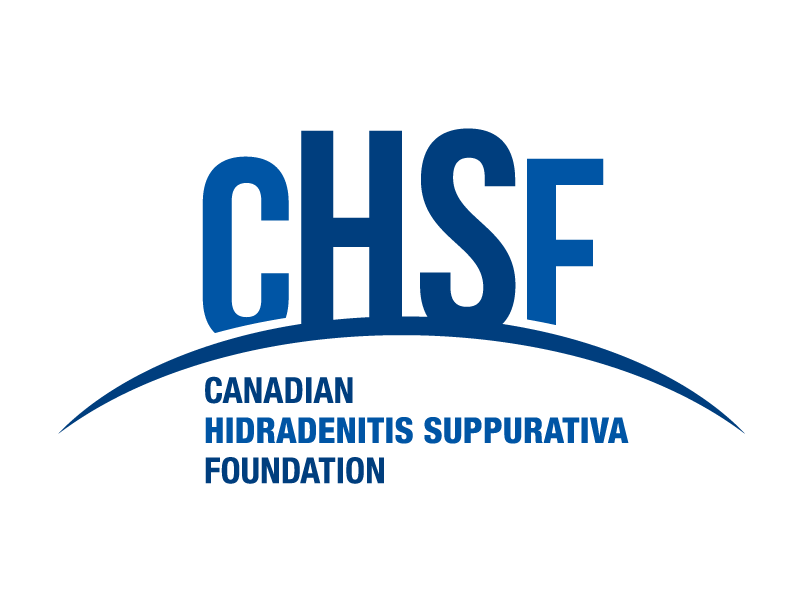
As a complex and often debilitating chronic inflammatory skin condition, Hidradenitis Suppurativa (HS) presents an ongoing challenge for patients, healthcare providers, and researchers alike. Despite significant progress in our understanding of the disease and its management, many patients continue to grapple with the persistent and painful symptoms of HS. In our pursuit of improving the lives of those living with HS, we recognize that staying informed about the latest HS Treatments options and developments is of paramount importance.
With ever-emerging advancements in the field of dermatology, we have an invaluable opportunity to reassess and refine our approach to Hidradenitis Suppurativa treatment, ensuring that patients receive the most effective and tailored therapies available. In doing so, we can empower individuals living with HS to take an active role in managing their condition, fostering a better quality of life and a greater sense of control over their health.
Join us as we delve into the fascinating and ever-evolving world of Hidradenitis Suppurativa treatments, providing an overview of current therapies, sharing exciting new developments, and highlighting the crucial role of personalized treatment plans in managing this complex condition.
Current Therapies for HS Treatments
1. Medications

Various medications can help manage HS symptoms and reduce inflammation. These include antibiotics, corticosteroids, and biologic medications such as adalimumab (the only FDA-approved biologic specifically for HS treatment). Individual responses may vary, so it is essential to work closely with your healthcare provider to find the most effective medications for your specific needs.
2. Topical Treatments
Topical treatments, such as antiseptic washes and prescription creams, can help manage symptoms, reduce inflammation, and prevent infection. Implementing a consistent skincare routine and utilizing appropriate products are crucial components of an effective HS treatment plan.
3. Surgical Interventions
In more severe cases of HS, surgical procedures can provide relief by draining abscesses, removing sinus tracts, or even excising large areas of affected skin. Depending on the extent and severity of the disease, surgical interventions can range from minor procedures to more extensive reconstructive surgeries.

Emerging Treatments and Advancements in HS
1. Laser and Light Therapy
Recent research has shown promising results using laser and light therapy in the treatment of HS. Treatments such as photodynamic therapy (PDT) and laser hair removal can help reduce inflammation, prevent the formation of new sinus tracts, and improve overall skin texture and appearance. While more research is needed, this area of treatment presents an exciting and potentially less invasive option for HS patients.
2. Targeted Immunotherapy
As our understanding of the immune system’s role in HS continues to expand, targeted immunotherapies are under investigation for treating this complex condition. These medications aim to modulate specific components of the immune response, which may be contributing to inflammation and tissue damage in HS patients. Clinical trials are ongoing, and further advancements in this area could significantly impact the management of HS in the future.
The Importance of Personalized Treatment Plans

1. Addressing Individual Needs
As a complex and multifaceted condition, HS presents unique challenges and needs for each individual. Developing a personalized treatment plan in collaboration with your healthcare provider can help ensure that your specific symptoms, severity, and lifestyle factors are taken into account, optimizing your chances of successful symptom management.
2. The Value of a Multidisciplinary Approach
HS management often requires a team of healthcare professionals, including dermatologists, surgeons, and mental health providers. A multidisciplinary and collaborative approach to treatment can help ensure that patients receive comprehensive care and support, addressing not only the physical symptoms of HS but also the emotional and psychological impact of living with a chronic skin condition.
New Research into the Role of Microbiome in HS

Recent research has suggested that the microbiome, the collection of microorganisms that live on and in our bodies, may play a role in the development and progression of HS. Studies have shown that individuals with HS have a different microbiome composition in their skin than those without the condition, with a higher abundance of certain bacteria and a lower diversity of microbial species.
While the exact relationship between the microbiome and HS is not yet fully understood, this area of research presents a promising avenue for developing new treatments and interventions. By targeting specific bacterial strains or modulating the overall microbiome composition, it may be possible to reduce inflammation and improve HS symptoms.
As research in this area continues, it is essential to stay informed about the latest developments and discuss any potential microbiome-related treatments with your healthcare provider. A personalized treatment plan that takes into account the unique microbiome composition of each individual may hold great promise in the management of HS.
Empowering HS Patients through Knowledge and Treatment Innovation
Keeping abreast of the latest developments in Hidradenitis Suppurativa treatments is essential for both patients and healthcare providers alike. With ongoing advancements in dermatology, we have the opportunity to refine our approach to HS management, ensuring that individuals receive the most effective and personalized care possible.

By staying informed about current therapies, emerging advancements, and the critical role of personalized treatment plans, patients can take an active role in managing their condition, improving their quality of life, and fostering a greater sense of control over their health. We encourage you to stay engaged in your healthcare journey, be proactive in seeking out the latest information, and collaborate closely with your healthcare team to optimize your HS treatment and management experience.
The Canadian Hidradenitis Suppurativa Foundation aims to enhance the well-being and treatment of HS patients by increasing HS awareness and providing education to dermatologists. Join us in our efforts to promote HS awareness in Canada and improve the lives of those affected by this debilitating disease.
